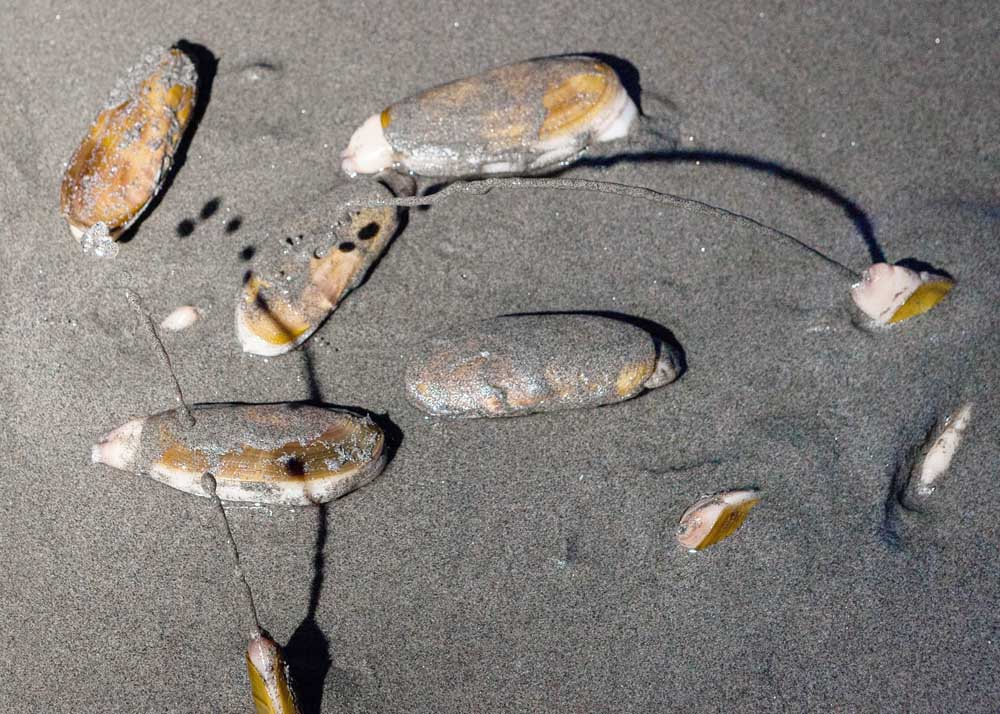DOH: Best not to eat more than 15 clams a month
Published 9:38 am Wednesday, October 19, 2016

- Health officials are studying whether heavy consumption of razor clams may contribute to slight memory loss.
LONG BEACH — Health experts have warned for years that the damage domoic acid toxin causes to the brain’s memory functions may slowly add up. Earlier this month, the Washington Department of Health officially warned in an interim advisory that eating large quantities of razor clams is associated with slight memory loss.
DOH recommends that people eat no more than 15 razor clams per month during a one-year period.
The toxin, currently at high enough levels on the Long Beach Peninsula to delay the start of razor clam season, is contained in a type of ocean algae that clams consume as food. Harvests aren’t allowed when domoic levels are above 19 parts per million in clam samples.
There have been long periods in recent years when domoic levels along the Long Beach Peninsula were effectively zero, but a recent test at Surfside found 24 ppm. Background levels in 2016 have tended to be in the range of 3 to 6 ppm.
While high levels of domoic acid are known to cause Amnesic Shellfish Poisoning, destroying a person’s ability to store short-term memories, less known are the impacts of ingesting low levels of domoic acid over a long period. Universities of Maryland, Hawaii, and Florida, the National Oceanic and Atmospheric Administration, and several coastal tribes conducted research on this question.
This research looked at 513 adult men and women representing three Native American Tribes over a span of four years. Tests found that “high razor clam consumers” — 15 or more per month — exhibited fractional declines on some measures of memory, with other brain functions unaffected.
According to a summary of the study, “The relatively lower memory scores were still within normal limits, and were thus not clinically significant, [but] there is a possible association between long-term, low-level exposure to DA through heavy razor clam consumption and memory functioning.”
DOH has issued the advisory as a precaution while the agency gathers more information on the potential risks associated with low-level exposure to domoic acid.
This interim advisory applies to everyone, but especially women who are pregnant or might become pregnant, nursing mothers, children, the elderly, and people with compromised kidney function.





